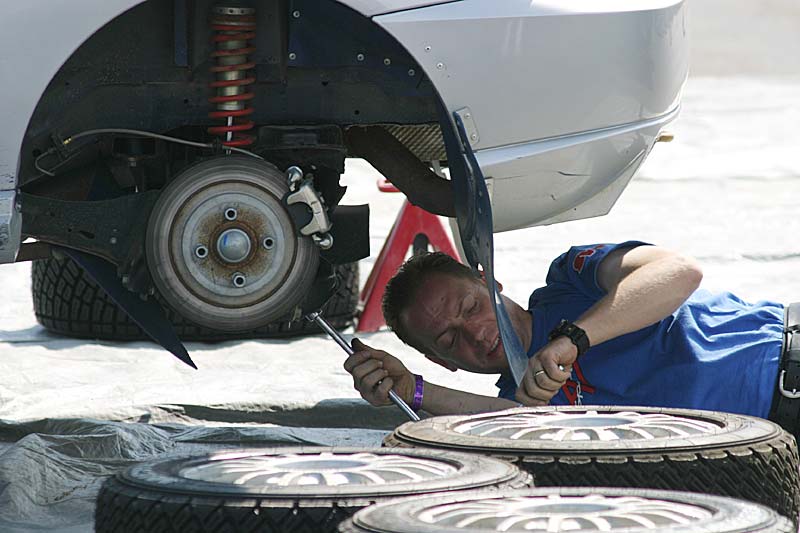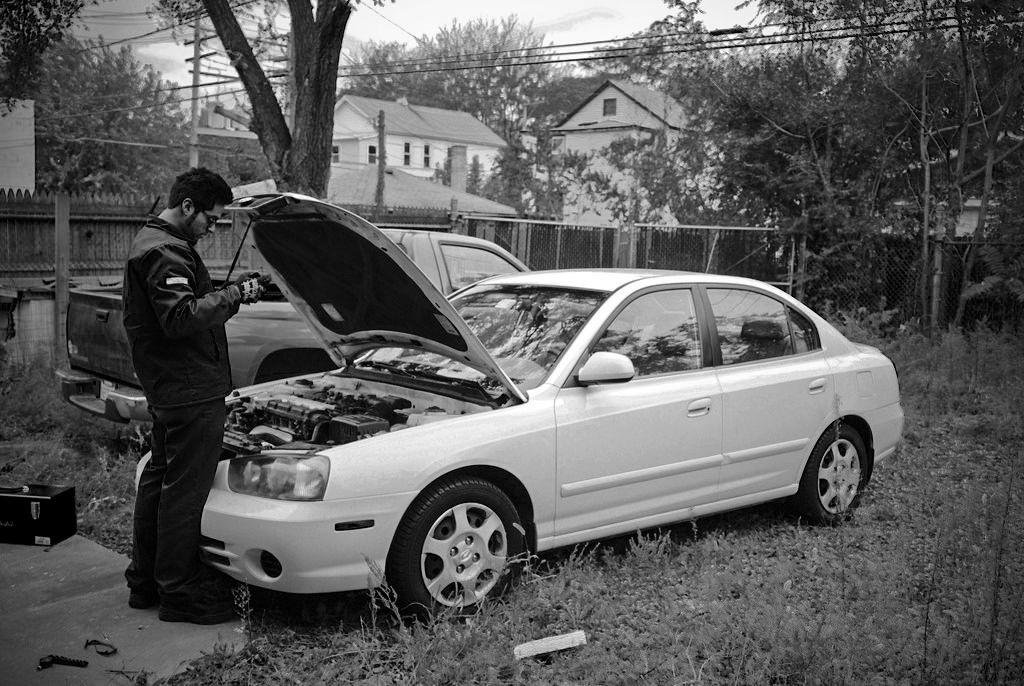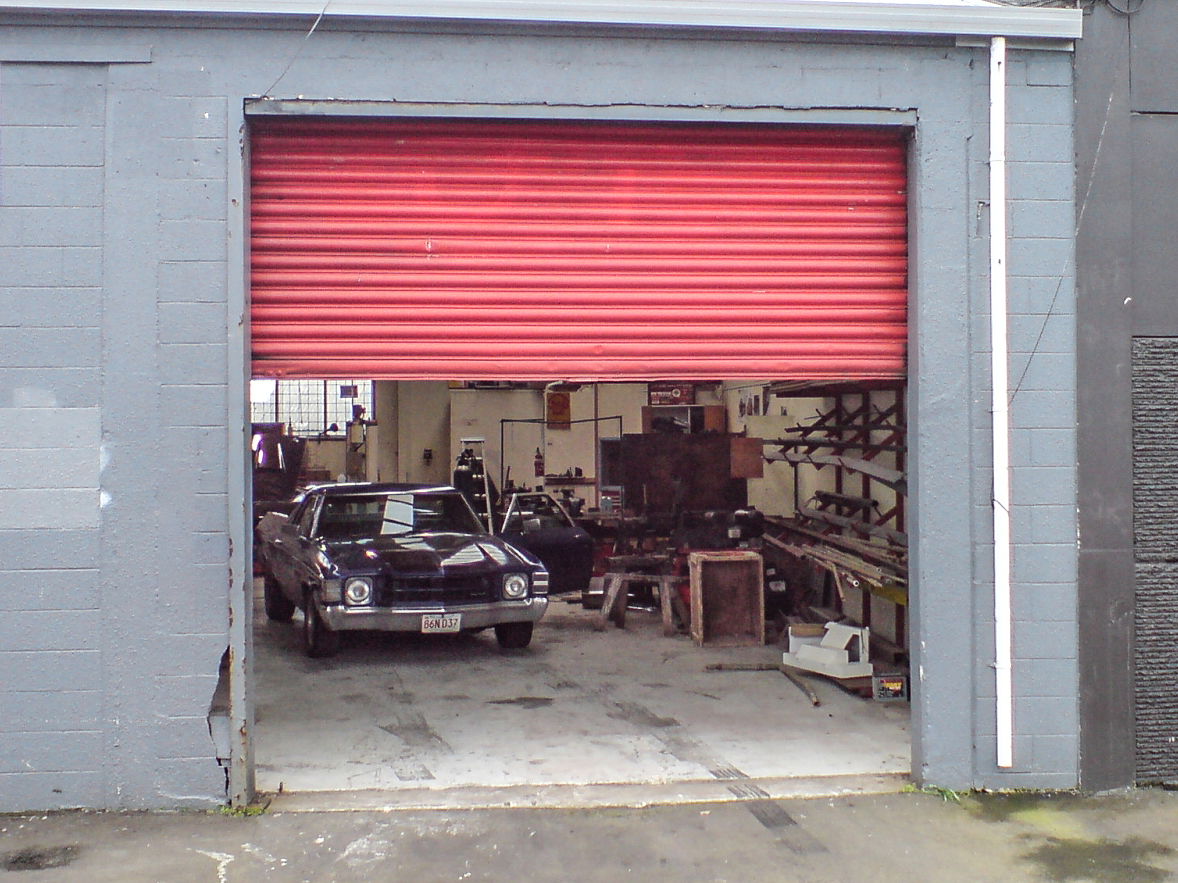Technology Could Stop You Working On Your Own Car, Whether You Like It Or Not

Working on your own car is one of the most satisfying things a car guy or girl can do. There’s the satisfaction of actually completing the work, for starters, and that of learning or practicing skills.
Since this small-scale work generally revolves around older, cheaper cars you could say it’s just a hobby. You could say it’s just about saving labour costs. But the truth for many of us is that it feels like a way of life, building a bond between man and machine that’s forged by the former’s unique understanding of the latter. And this way of life is coming under threat.
Especially in Europe and Japan, where the supply of interesting cars that can be completely serviced at home is dwindling towards none, this is a problem. Eventually the same could become true for America, although the aftermarket parts industry is so strong in the US that it’s hard to see the issue getting out of hand.

More and more systems in ageing cars are controlled by electronics, be it ever-more complex fuel injection, adjustable suspension or variable-ratio steering. These are the cars we want to be working on at some point, but there is an ever-decreasing amount of problems that spanner monkeys at home can fix themselves.
The sorts of systems we’re talking about often have mechanical components that need replacing from time to time, and it’s possible that modern electronics won’t hinder that. But examples like closed ECU units designed to prevent tampering will stop a big chunk of the fun stuff we like to do with cars.
Then look at the sorts of things that are becoming more common, like electronically-adjustable chassis dynamics. Even ordinary cars are being given ‘comfort’ and ‘sport’ settings these days. If a strut fails it can be replaced, but if the electronics controlling the dampers go haywire, what do you do then? At the moment, that’s not something the average tool kit can fix.

Likewise media screens. Almost everything new has a big touchscreen these days. If one fails outside of its warranty, you’ll have no choice but to take it to a dealer who’ll charge you a laughable amount of money to fix it. You could try to get hold of the parts alone with a view to dismantling the dashboard and installing the new unit yourself, but the software, if it’s separate, is likely to be kept within the official dealer network.
As we move forward into a time when cities around the globe are being forced to take drastic measures to cut air pollution, electric and hydrogen-powered cars are inevitable. Whether we like it or not, our dailies in 20 years are likely to be a lot quieter than the ones we pilot today. And just imagine trying to work on an ‘engine’ that only has one moving part. Not very satisfying, relatively speaking, and the hazards linked to electric and hydrogen drivetrains will make specialist training essential – maybe even a legal requirement. If electric cars are inevitable, the home mechanic is going to be reduced to a bit-part player.

This problem clearly has boundaries. The march of technology isn’t going to prevent us changing wheels, brakes, the majority of suspension parts, exhausts (while they’re still used) and lighting, but while the age of internal combustion lasts, it’s possible that software might start to hinder tuning and/or modifications to the combustion process.
Tesla has shown the world that it’s already possible to make fast electric cars, if not amazing-handling ones. Maybe in the future people will start transplanting Model S drivetrains into Nissan Leafs, but that’s not going to require the same set of skills as engine swaps today. Effectively, we’re almost certainly going to have to retrain ourselves or stick to the unchanged basics. Anyway, what would be the point in modifying electric cars for performance when there’s no soul to extract?
Maybe a new generation will take our place; a generation that takes electric power as the norm and figures out ways to spice up what looks like a pretty boring automotive future. Then again, maybe not. Maybe people will simply lose interest. Maybe the number of people who hang on to older, more mechanical cars and keep them alive with constant tinkering will only decrease, until in 100 years just a few anachronistic oddballs remain. We hope not, but in reality we won’t even get a say.


Comments
But it wont stop you from upgrading and fixing your comp… I mean GTR.
8th!
If cars just have ecu’s. Buy a better one and max the power out of it
There is an easy solution to this. Just get an older car
Nonsense.
Electric cars will be modular, and easier to work on and upgrade components. It’ll take less time to replace things, and easier to diagnose so you won’t be being charged silly amounts. There’s still going to be a mechanical drivetrain.
It’ll be easier to tweak tuning from an in car display as if you’re live playing Gran Turismo…
The people with the skill to do engine swaps are few and far between already…
We habe the peoblem alredy, only few people can swap new engines into other cars, because M Division, Audi RS and so on have special tools to do that and only licensed Partners are allowed to have these things. Next step is that the newer sporty engines won’t even last as long as you want to. A RS6 from 2010 with 90,000 miles, don’t do that, you will hace to buy a new engine and Audi will replace it for you. It’s not like your ‘70s Camaro where you can donwhat you want with the normal set of tools. And next thing is tjat I don’t even want to talk about ECU. I can’t afford to habe such systems, sorry. DIY is something for classic cars or you are a real pro mechanic.
I wouldn’t be so sure as it going away as much as just requiring more knowledge and work. For example, in 20 years cars will most likely be much more advanced technologically than our modern ones, but that doesn’t mean our modern ones will go away. How many people here dream of having a car from the 90’s or older. In 20 years, we will still have those like how we still have old hot rods today. And to the newer kids, I don’t think more tech is as much a barrier. Some of the younger users here have grown up in an all digital world. A lot of people have advanced PCs that are way more finicky than a stock ECU. As the car evolves so will the enthusiasm
my car is 32 years old, i have a lot of possible “upgrades” (newer cars) to buy, til hightech hits me.
…i guess i’m good
I say manufacturers should upload the data for ECU’s onto the internet, so that one day, downloading a software upgrade for your car will be normal.
Can’t wait to have to buy a USB to OBD-II converter. :P
If you own a modern piece of sh*t yeah…
Pagination